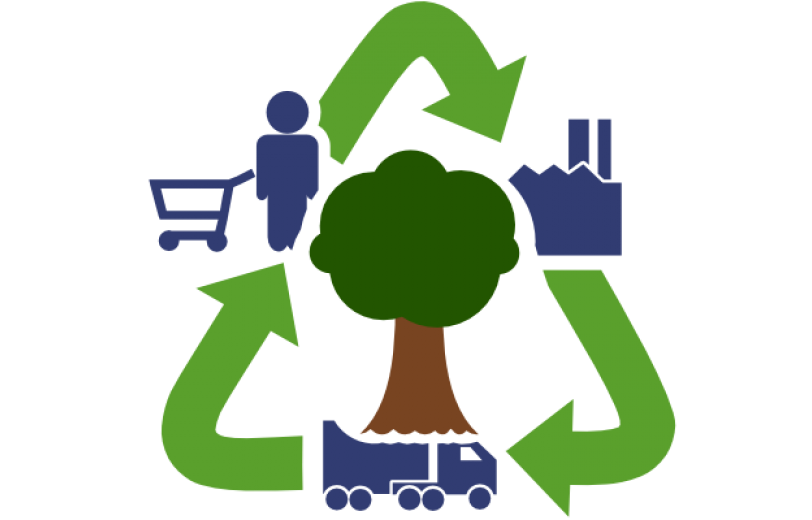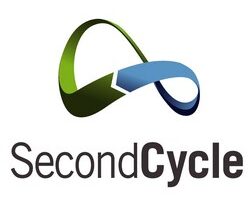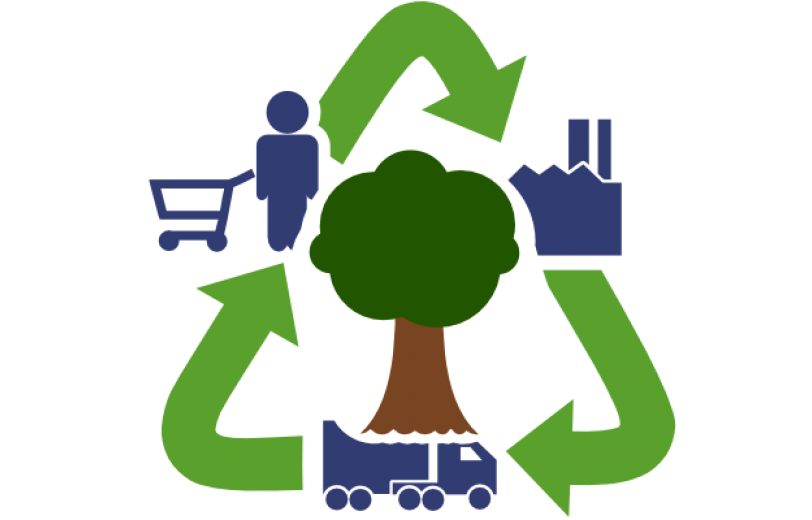Reverse logistics refers to the process of planning and managing the return of consumer goods (end users) to the manufacturer or distributor for recovery, repair, recycling, or even disposal. Reverse logistics is therefore a stage of the supply chain that follows the delivery stage. Reverse logistics has as one of its objectives lessening the environmental impact of corporate operations. As a result, businesses create processes and products that are less harmful to the environment from the beginning.

Reverse logistics is increasingly becoming a key component of your business. By maximizing material reuse, it is a collection of policies and procedures to manage the return of things or goods for repair, reuse, or processing at a reasonable cost. Companies can profit from reverse logistics implementation in the following ways:
- Reduce the environmental impact of your organization;
- Improve the company’s image and customer satisfaction;
- Creation of new markets;
- Controlling inventory;
- Reduce costs and increase profits;
- Protecting against procurement risks;
- Reduce the risk of raw material shortages;
- Ensure recycling and reuse of raw materials;
- Generate new revenues through rental and repair of goods.
Is your company considering a circular economy project ?
Contact us toll free : 1 833 280-2828


